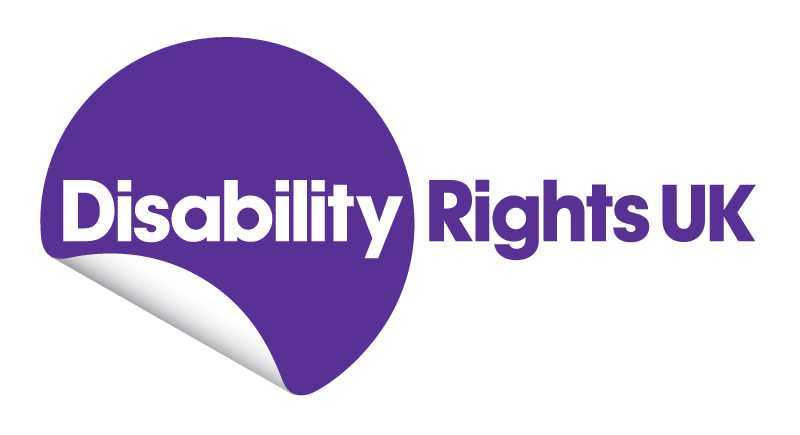Case study: Aisha
Aisha, a first time Mum having a baby during a pandemic shares her experience of perinatal mental health and digital exclusion.
I am an outreach officer for the Tech to Community Connect project (more information here Tech to Community Connect Project « Surrey Coalition of Disabled People).
I recently met Aisha, a young woman who came to the UK from Pakistan last year during the pandemic. Aisha was 6 months pregnant with her first child so registered with the GP as soon as possible. Aisha joined English language classes and computer classes straight away as she was keen to be able to fully involved in her community.
Aisha was very impressed with the education system, NHS and other services provided in the UK but she didn’t have a good pregnancy experience due to a lack of cultural awareness and communication difficulties.
During pregnancy, Aisha was offered a Covid vaccine, but at the time no one knew if it was safe for the baby. Aisha found online appointments to be difficult, due to being digitally excluded, and due to the language barrier – Aisha would have preferred to have the option to be seen face to face or to have received more support with accessing the technology.
At an initial appointment, the midwife threw Aisha’s file from Pakistan on the table and said her notes were not up to standard. Aisha could not explain her history to her properly because of her language barrier and unfortunately her husband and/or interpreters were not allowed to attend the appointments or during labour due to the pandemic restrictions. Aisha found this really hard as it was her first child and she had no family support, no interpreters allowed into the hospital and no physical or moral support because of staff shortages in the labour ward. Aisha had a long labour and then a c-section.
Being a Muslim, Aisha would have wanted some practices to be observed after having her baby – such as having him washed before his first feed, someone from the family being invited to come in and pray, and the baby having honey as the first thing he tasted, none of these practices were possible due to the restrictions put in place due to the pandemic.
Aisha has overcome digital exclusion and loneliness through the Tech to Community Connect project. Tech to Community Connect has helped her to be able to access translation apps and other support, as well as being able to connect with events going on for new mums in her community.
Aisha, her son and her family are well but the emotional and mental health impact of her pregnancy and labour experiences have had a long-lasting impact on her.
Aisha would love maternity staff to be offered some training in cultural awareness as she feels this would improve the experience for first time mums and families. Prioritising digital inclusion support for expectant mothers, and particularly those with additional barriers to overcome, is essential for perinatal mental health and to reduce loneliness and social isolation.
Contact Information
Address
Surrey Coalition of Disabled People
Astolat, Coniers Way
Burpham, GU4 7HL


